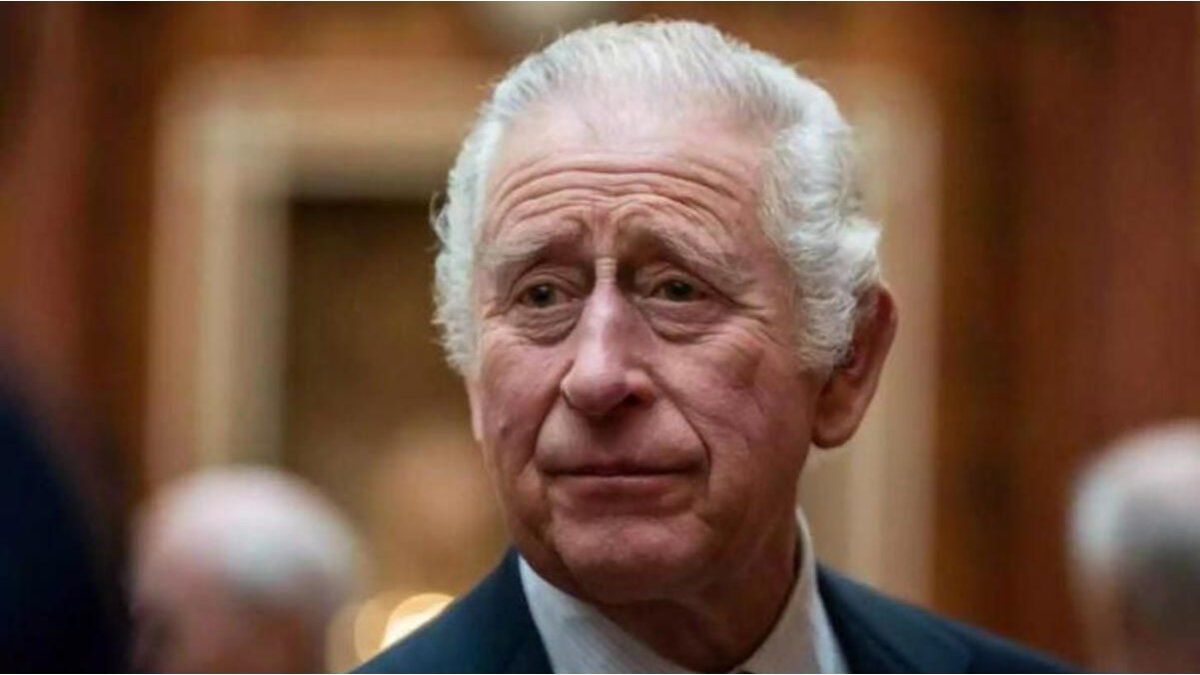In a new edition of the streaming broadcasts of the Ministry of Economy, Jose Luis Dazaincorporated last August as Secretary of Economic Policyrecognized the stabilization work carried out by the current administration and anticipated a promising future.
At the beginning of his analysis of the economic situation of Argentina, he opined that “Argentines underestimate the crisis the country was in in December of last year. “We were facing a precipice that could have led to a hyperinflationary explosion and a gigantic increase in poverty.”
It is in this framework that he considered that the current recession was unavoidable: “Some say that to lower inflation, a recession was caused that increased poverty, as if that could have been avoided.. But the reality is that a series of actions were taken that allowed the recession to be much smaller than the initial conditions predicted.”
Before assuming his position, Daza had been one of the founders of the investment fund. QFR Capital Management with Demián Reidelthe head of the president’s council of economic advisors Javier Milei. Trained in the University of Chile and doctorate Georgetown University, He was representative of the Central Bank of Chile in Asia and was designated as candidate to occupy the Ministry of Economy of Chile during the 2021 electoral campaign in case the candidate had won José Antonio Kast. Maintains a bond of friendship with the minister Luis Caputo.
jose luis daza luis capuo.jpeg
José Luis Daza and Luis Caputo.
The solutions that the Government found
Jose Luis Daza He highlighted the efforts to deal with the “giant monetary ball” that was circulating in the Argentine economy. “The first measure was a strong initial depreciation, which allowed adjust the jump in the price level and eliminate approximately 40% of excess liquidity in real terms”, he stated.
Later, he described the progressive reduction in interest rates as “bold” and “intelligent”: “Most countries raise interest rates to restrict credit, but in Argentina there was no credit. Raising rates only increased expectations of devaluation.” In that sense, he acknowledged that “I don’t know any economist who has validated this measure, but they did it. It worked and allowed us to reduce inflation,” he highlighted.
“The Central Bank did an extraordinary job of disclosing the balance sheet. They cleaned up distortions and showed the truth about the bank’s situation,” he highlighted and understood that “What was done here was historic. Of all the fixed exchange rate exits I have seen in my career, this has been the cleanest”. “In Mexico, when they devalued, the market immediately bet on a new depreciation. The same thing happened in Chile and Thailand. But in Argentina, we managed to control devaluation expectations much more effectively,” he compared.
Future projections
Regarding the prospects for the coming years, the Undersecretary of Economic Policy noted that “In a country with a small capital market like Argentina, it is essential to understand how finances operate.. Finance and economics are two areas that interact a lot, but they have substantially different methodologies and analysis” and stated that “if you don’t understand finance, you will blow yourself up.”
On the contrary, he stressed that “This is a country with wonderful human capital. If we manage to make the necessary reforms, Argentina has a unique potential in the world”. To conclude, he said in the interview that “many people tell me that I am brave for coming to Argentina, but the worst part is over. Today we are much better and more solid than a year ago.”
Source: Ambito
I am an author and journalist who has worked in the entertainment industry for over a decade. I currently work as a news editor at a major news website, and my focus is on covering the latest trends in entertainment. I also write occasional pieces for other outlets, and have authored two books about the entertainment industry.




